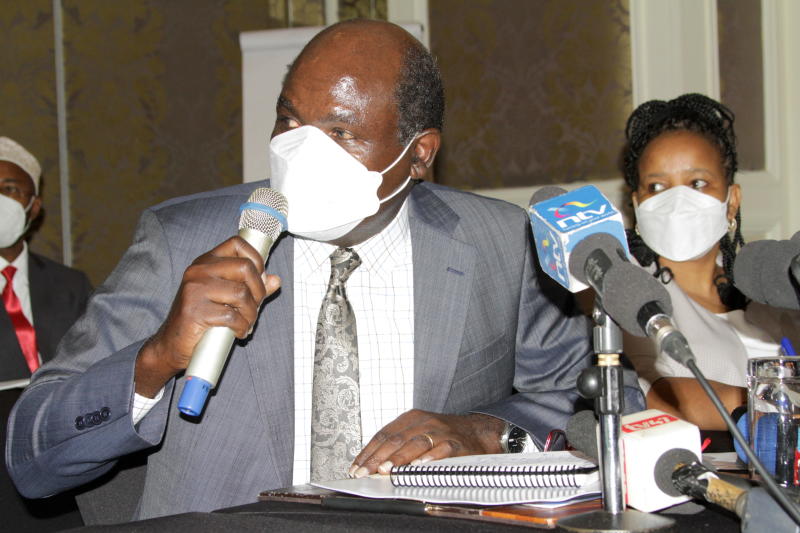×
The Standard e-Paper
Smart Minds Choose Us

The Independent Electoral and Boundaries Commission (IEBC) targets to register six million voters between October 4th and November 2nd – a target of 1.5 million a week.
These are mainly youth aged between 18 and 25 who would be fist time voters. Many in this demographic are in upper secondary schools, colleges, universities or dropped out.